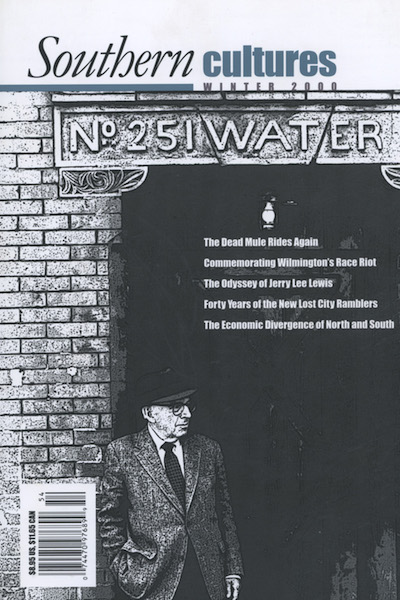You don’t see them much anymore. Not in Rocky Mount and Goldsboro, Wilson, Smithfield and Clinton; in Faison, yes, in little towns like that, sometimes. Especially if on Saturday you buy your groceries at one of the less-than-grand supermarkets, your clothes, when you have to have them, at the dry-goods store. They stay out of the shopping malls, away from the stores dazzling as operating rooms. At Christmas time, everybody sees them (but tries not to); they stumble along, slower than other people, more uncertain, as if they’re not quite sure where they are. As for the men, you can spot them without too much trouble. At the tractor places, the filling stations where they go to pass the time of day, the run-down ones; they’re driving battered pickup trucks and looking out across the land, poking along at forty and forty-five. But they’re not as common as they used to be, these old farmers in faded overalls, in khaki shirts washed thin and almost white, brogans, hats usually: dusty as a March field. And the women, the country women of my childhood are as scarce now almost as hen’s teeth.
This article appears as an abstract above, the complete article can be accessed in Project Muse


